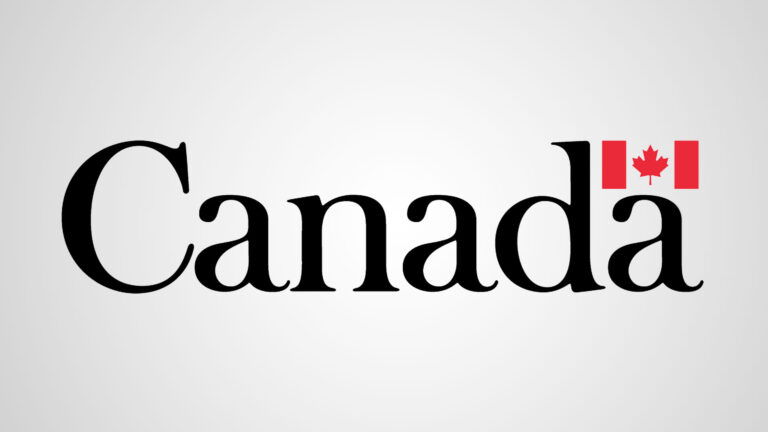Following are highlights from the Council meeting held March 1 and 2, 2018 in Edmonton. Please read The Link and watch for additional information on many of these decision in the future.
Review of strategic goals
Through a carefully conducted environmental scan, Council affirmed its commitment to its five strategic goals for 2016-2020.
1. pharmacy technicians will be integrated into pharmacy practice teams, exercising responsibility for roles they’re authorized to fulfill.
2. Pharmacists will consistently conduct an appropriate assessment of each patient prior to providing any pharmacist service.
3. Patient care records will include continuous documentation of pharmacist assessments, treatment plans, record of care, and monitoring results.
4. Patients will have access to pharmacist prescribing and injections through all licensed pharmacy practice settings.
5. Patients will expect pharmacists to provide appropriate assessments, advice, and support about their health (treatment) plan at each encounter.
Report—Factors Associated with Pharmacist’s Perception of Working Conditions: Results from 5 Canadian Provinces
This report reflects responses from pharmacists’ in B.C., Alberta, P.E.I., New Brunswick, and Newfoundland. Despite a low response rate from Alberta, national trends indicated some tension in employee/employer relationships and specifically about performance indicators and employment conditions.
ACP will deliver a program to prepare and support pharmacy licensees to be more effective in their role. ACP will also engage with pharmacists and pharmacy technicians to support them to practice ethically and professionally—both important to their personal performance. Registrants are encouraged to seek their own legal advice about employment standards.
Policies for entry to practice
Council approved the following two policies for new candidates at entry to practice:
- pharmacists and pharmacy technician candidates must successfully complete both Part 1 and Part 2 of their respective Pharmacy Examining Board of Canada (PEBC) Qualifying Examination within a three-year period to be eligible for initial registration to the clinical pharmacist or pharmacy technician register, and
- international pharmacy graduates must complete Part 1 (MCQ) of the PEBC Qualifying Exam prior to applying for registration with ACP.
Policies for licensing pharmacies
Council approved the following policies. Watch for future communication about these policies and, where NOT indicated, dates for them coming into effect.
- Shared premises and pharmacy design—This policy addresses pharmacies that share a space with another business or care provider. It sets expectations for autonomous infrastructure, security, privacy, and other considerations important to supporting ethical and effective pharmacy practice environments.
- NETCARE Access – Council has approved a policy requiring all pharmacies have NETCARE access prior to a license being provided. Work is underway with Alberta Health to support operationalizing this policy.
- Policies and procedures – Effective July 1, 2018, all new pharmacies must have written policies and procedures in place prior to a licence being issued. All current licensed pharmacies must have written policies and procedures prior to June 30, 2020, after which a licence will not be issued prior to them being in place. (NOTE: June 30, 2020, coincides with the date at which new standards for compounding non-sterile products will come into effect for existing pharmacies.)
Pharmacy compounding of non-sterile preparations
Council reviewed feedback received during the consultation process. Several amendments resulted, and the new standards were approved. Council will consider further amendments to the supporting guidance document in June. Upon approval, both documents will be published to support implementation.
Dates for Compounding Standards to Come into Effect
Council validated and approved the following schedule for all compounding standards to come into effect:
Standards for Compounding Sterile Preparations (Hazardous and Non-Hazardous)
- Priority 1– July 1, 2018
- Priority 2– January 1, 2019
- Priority 3
- High Risk (category 3) Sterile Compounding – July 1, 2020
- All remaining Sterile Compounding – July 1, 2021
Standards for Compounding Non-Sterile Preparations
- All Standards related to human factors – 6 months after the availability of education programming (no later than January 1, 2020);
- All Standards related to facilities and equipment – July 1, 2020 (to accommodate time for renovations and construction); and,
All new pharmacy applications must comply with infrastructure, equipment, and environmental requirements prior to a license being issued regardless of the above dates. Should a new pharmacy not intend on providing these services at the time of application, and choose to do so prior to the scheduled dates, ACP will require them to meet the respective requirements in advance of providing any of these services.




